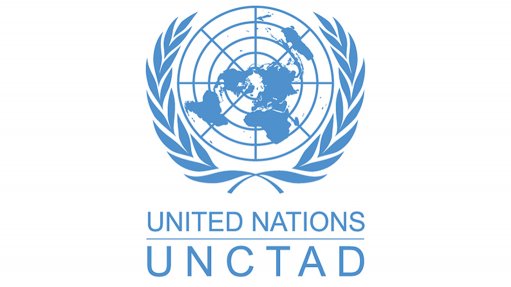
Over 190 United Nations Member States pledged to reduce greenhouse gas (GHG) emissions to limit the increase in global temperatures to “well below” 2°C under the Paris Agreement reached in 2015.
A quarter of global CO2 emissions is linked to the production and distribution of traded goods and services (World Bank, 2021). Trade regulations can play an important role in supporting the transition towards a low-carbon economy.
Over the last few decades, countries have been increasingly using non-tariff measures (NTMs) to pursue environmental and climate-change mitigation objectives. NTMs are policy measures other than ordinary customs tariffs that can potentially have an economic effect on international trade in goods, changing quantities traded, prices or both.
Climate change related NTMs are commonly imposed on goods such as fuel, motor vehicles, appliances, renewable energy generation equipment, and plastic products. Given their potential impact on trade and competitiveness, they should be carefully designed and implemented to ensure their compatibility with international law, and to allow equitable market access for developing countries.
Report by the United Nations Conference on Trade and Development